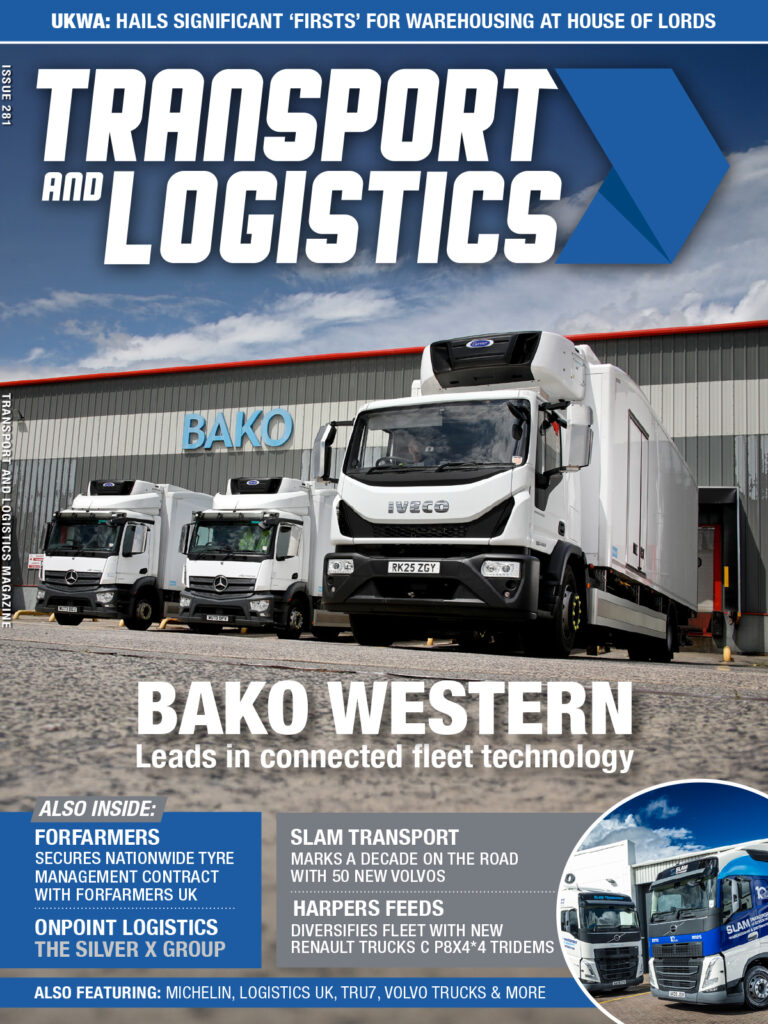An international logistics expert has said the current debate about a post-Brexit trade deal between the UK and US has failed to highlight the key implications for businesses.
Adam Johnson, director of Leeds-based Tudor International Freight, said the controversy had centred on whether the Conservative party, if re-elected in the general election on 12 December, would be prepared to make the NHS a topic for negotiation in talks with US representatives.
The Labour party has claimed documents it has obtained show the NHS will be “for sale” while analysts have mooted the possibility of the US side attempting to secure increased payments from the service to American companies supplying drugs it sells, among other possibilities.
Mr Johnson said a future trans-Atlantic trade agreement had received heightened attention in the UK during the visit of US President Donald Trump for NATO’s 70th anniversary summit on 3 and 4 December.
He said: “The potential effect of a future deal with the US on the NHS is a hugely important matter, and it’s entirely right that it should receive significant attention, especially before polling day. But the debate has largely ignored the economic impacts and even given the impression that for British businesses a good free trade deal with the US would counter the damage they’d sustain if we leave the EU, when in reality it wouldn’t come close to doing so.
“With isolated honourable exceptions, such as the former Chancellor of the Exchequer Philip Hammond, who isn’t even standing for re-election on 12 December, no leading politician seems to be making this crucial point.”
Mr Johnson explained the think tank The UK in a Changing Europe had estimated that if the UK left the EU under Prime Minister Boris Johnson’s current draft withdrawal deal, its gross domestic product (GDP) or national wealth per head would be seven per cent lower after 10 years than if it had remained in the bloc.
Indicating some specific potential costs of withdrawal, Mr Johnson said: “Respected commentators had previously estimated leaving the EU’s single market and customs union, without compensating measures, could cost UK businesses £45bn and £25bn respectively each year.
“Experts had also predicted the bill for new tariffs for UK exporters to the EU could be £4.5bn annually. HMRC had additionally estimated new customs checks could increase the prices of goods UK companies import from the bloc by 24 per cent.
“Leaving the single market and customs union is expected to increase other costs and bureaucracy for British businesses too. The National Audit Office earlier forecast the number of customs declarations UK firms had to complete annually could rise from 55 million to 255 million, for example.”
Mr Johnson said that far from ameliorating this damage, the government’s own estimates suggested all new free trade agreements the UK might sign with countries outside the EU after Brexit would add only between 0.2 and 0.7 per cent to GDP per head. This projection included any such deal with the US, which would contribute merely 0.1 to 0.3 per cent.
He explained: “While we currently sell nearly half our exports to the EU, we do only 1.7 per cent of our total trade with Australia, a similar proportion with India, and 0.2 per cent with both Indonesia and New Zealand, for example.
“Moreover, negotiating any such agreements will take many years. As a longstanding EU member, the UK also lacks independent experience of this process and the other countries are likely to exercise leverage, as they know we will be anxious to conclude these deals.”
Mr Johnson said such facts reflected the reality that nearly all economic experts agreed there was no feasible set of circumstances following Brexit which would leave the UK as prosperous as if it had remained in the EU.
He said: “The inadequate explanation about these issues represents a continuing lack of effective leadership by politicians generally over Brexit. This shortcoming has included the Conservatives repeatedly failing to highlight the trade-offs between national sovereignty and prosperity inevitable in the Brexit process and Labour apparently only raising a future US trade deal in the context of its potential implications for the NHS.
“It’s time politicians stopped implying increases in our trade with the US and other countries could come close to offsetting the likely reduction in commerce with the EU. They should do much more to highlight these uncomfortable realities for British businesses, because we’ve heard far too little about them during the general election campaign so far.”












